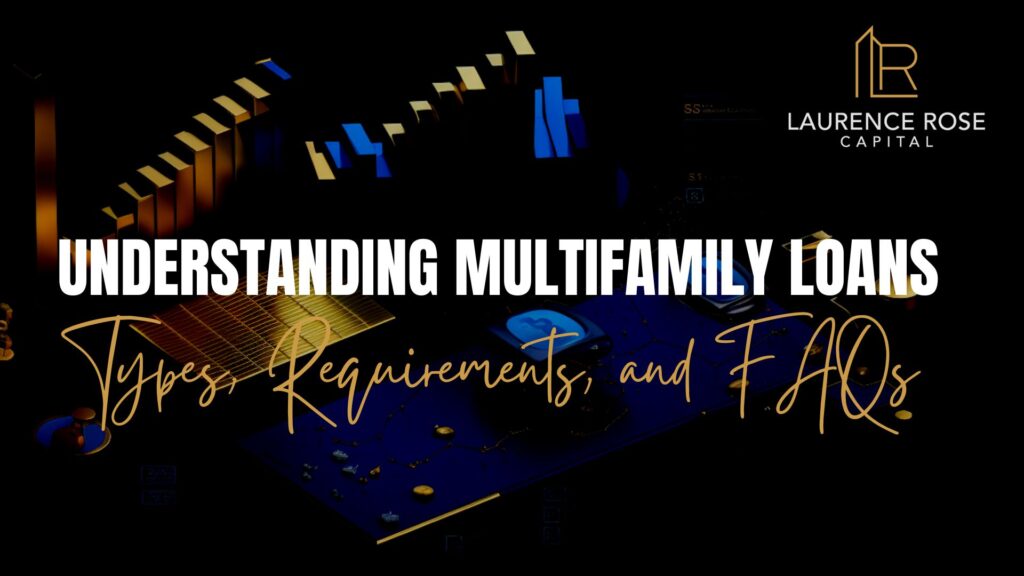Investing is a vital part of building wealth and securing your financial future. One of the key principles of investment is diversification, which involves spreading your investments across different asset classes to manage risk and potentially increase returns. To achieve this, it’s essential to understand the five primary asset classes of investment. In this article, we’ll explore these asset classes and their characteristics.
1. Equities (Stocks)
Characteristics:
- Ownership in a company.
- Represents a share in the company’s assets and earnings.
- Potential for capital appreciation and dividends.
- Higher risk and volatility compared to some other asset classes.
Benefits:
- Potential for high returns over the long term.
- Diversification through individual stocks or equity mutual funds.
2. Fixed-Income (Bonds)
Characteristics:
- Debt securities where you lend money to an entity.
- Regular interest payments (coupon) and return of principal at maturity.
- Varying risk levels depending on issuer and type (government, corporate, municipal, etc.).
Benefits:
- Generates regular income.
- Generally lower risk compared to stocks.
- Provides stability and income during market downturns.
3. Real Estate
Characteristics:
- Investment in physical properties (residential, commercial, industrial).
- Income generated through rent or capital appreciation upon resale.
- Potential for property management and maintenance.
Benefits:
- Income generation through rent.
- Diversification through real estate investment trusts (REITs).
- Hedge against inflation.
4. Commodities
Characteristics:
- Investment in physical goods (e.g., gold, oil, agricultural products).
- Prices influenced by supply and demand dynamics.
- Can serve as a hedge against inflation and currency fluctuations.
Benefits:
- Portfolio diversification.
- Potential to profit from price fluctuations.
- Act as a store of value during economic uncertainty.
5. Cash Equivalents
Characteristics:
- Highly liquid and low-risk assets.
- Includes items like money market funds and short-term government securities.
- Provides safety of principal but typically offers lower returns.
Benefits:
- High liquidity for emergency or short-term needs.
- Capital preservation.
- Stability in uncertain market conditions.
Now, let’s compare these asset classes with key metrics in the following table:
| Asset Class | Risk Level | Potential Returns | Liquidity | Income Generation | Key Advantages |
|---|---|---|---|---|---|
| Equities (Stocks) | High | High | Moderate | Dividends | Long-term growth potential, ownership in companies. |
| Fixed-Income (Bonds) | Moderate | Moderate | Moderate | Interest Payments | Regular income, lower risk than stocks. |
| Real Estate | Moderate | Moderate | Low | Rental Income | Diversification, income, hedge against inflation. |
| Commodities | High | High | Low | Price Fluctuations | Diversification, inflation hedge, profit potential. |
| Cash Equivalents | Low | Low | High | Minimal | Liquidity, safety of principal. |
Note: Risk level and potential returns can vary within each asset class depending on specific investments.
In summary, understanding the five asset classes of investment and their characteristics is essential for creating a diversified investment portfolio tailored to your financial goals and risk tolerance. Diversification across these asset classes can help manage risk and optimize returns over the long term. It’s advisable to consult with a financial advisor to create an investment strategy that aligns with your objectives.






![How Does Creative Financing Work In Multifamily Real Estate [Explained]](https://laurencerosecapital.com/wp-content/uploads/2023/10/JG-BMP-Ira-LRC-JB-Blog-Covers-750-×-422px-1920-×-1005px-1024x576.jpg)
